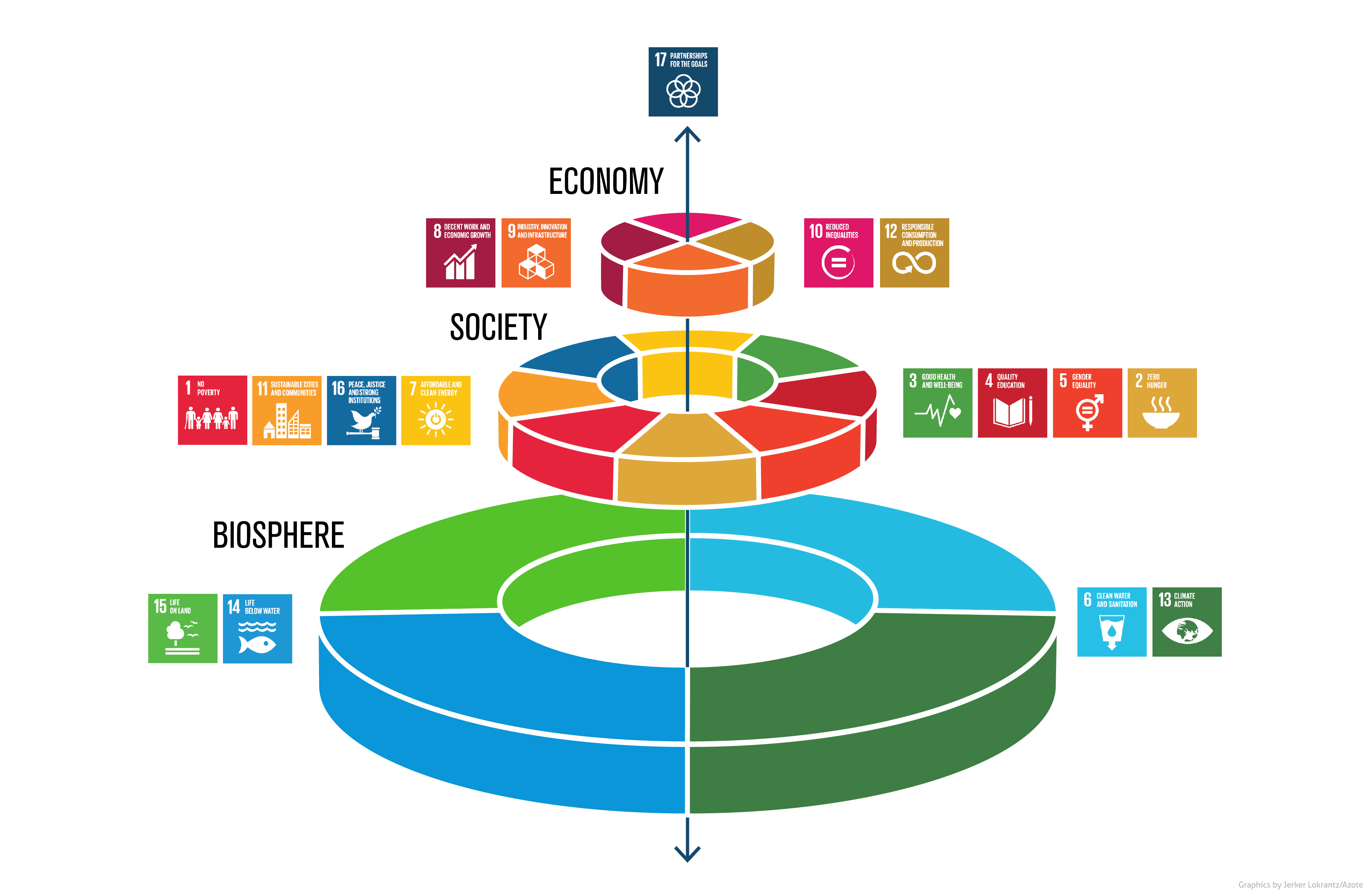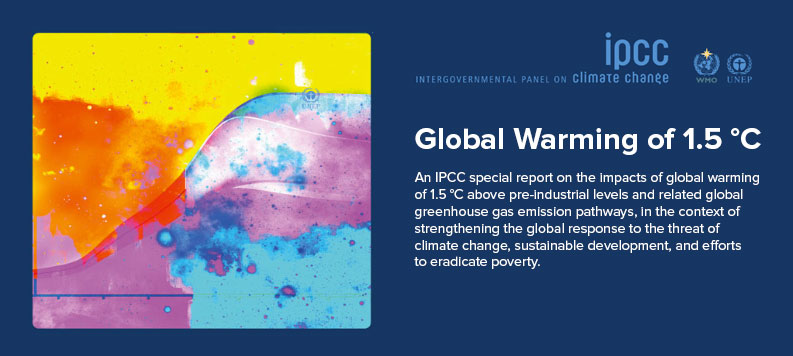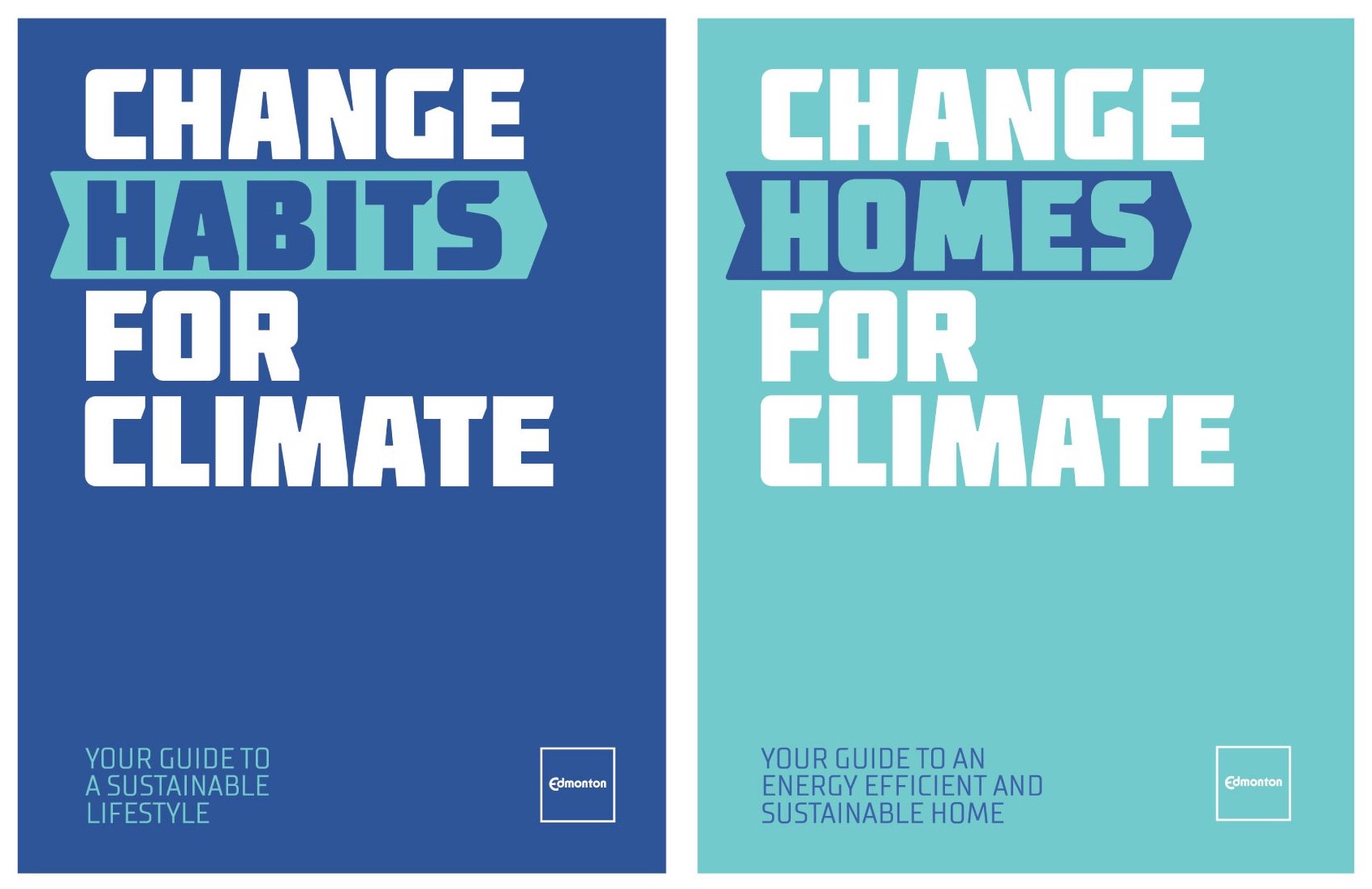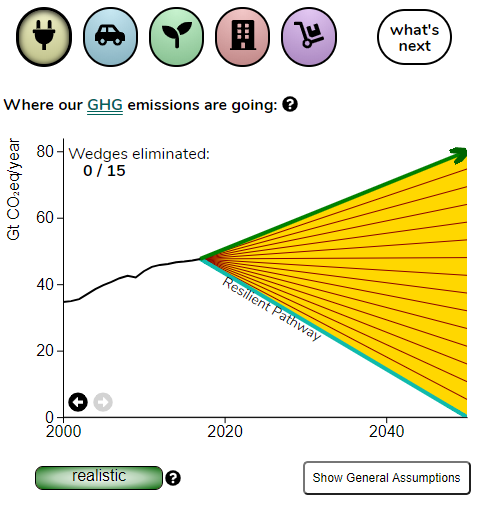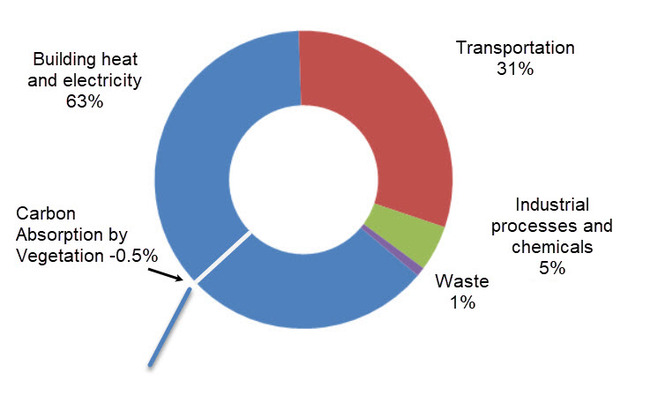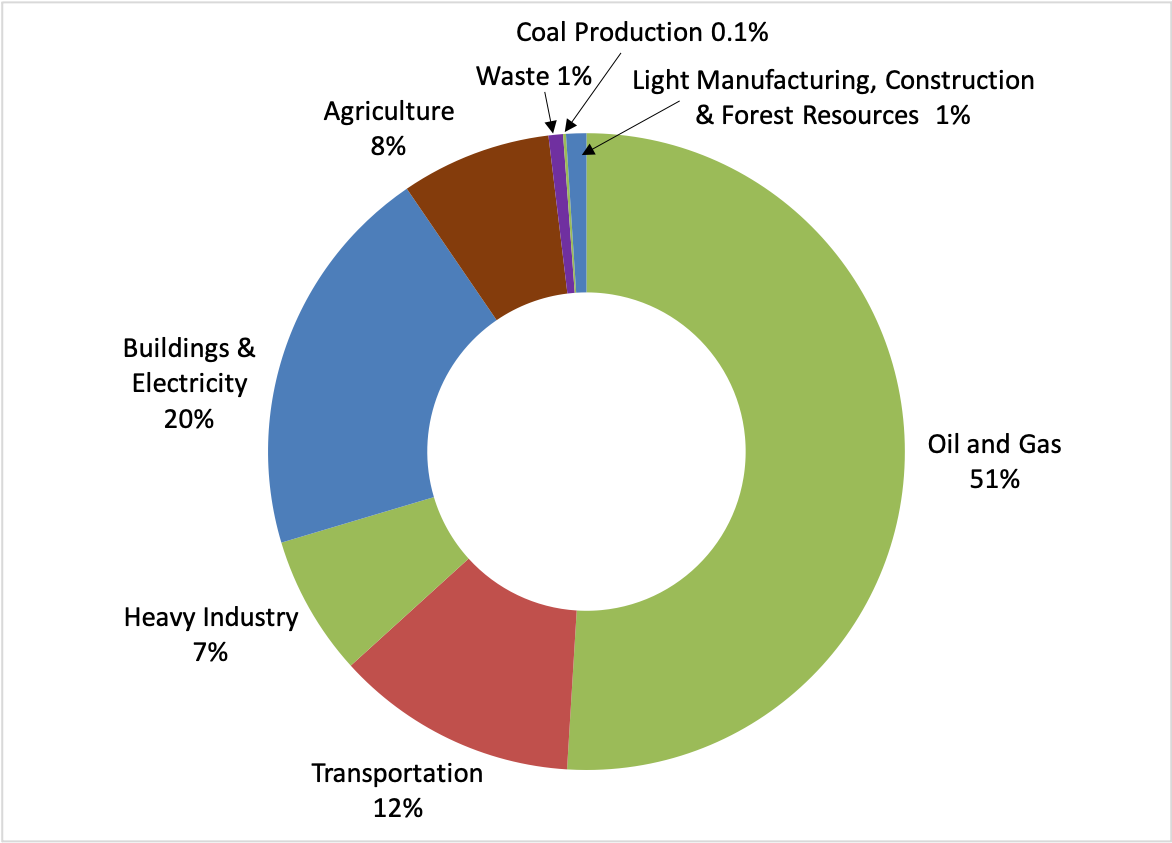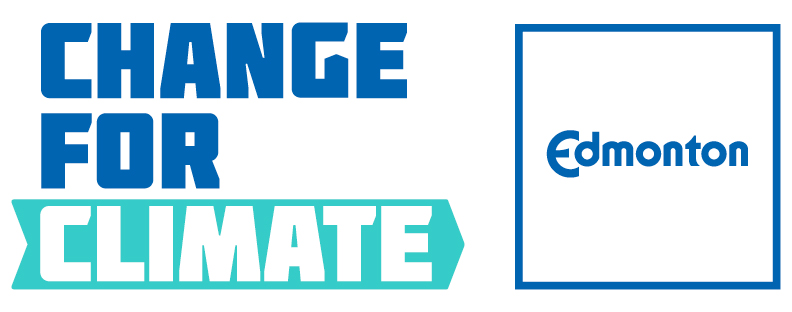Global Resources
Edmonton's Future in a Global Context
Watch this trailer for 2040, a film that explores climate solutions available today:
Human economy and society rely on a stable, life-supporting biosphere. This foundation of nature is illustrated here through a hierarchy of the Sustainable Development Goals:
Explore more at Together Alberta.
Recent Action
Explore the Planetary Boundaries framework, created by the Stockholm Resilience Centre, with this interactive tool made by KCVS:
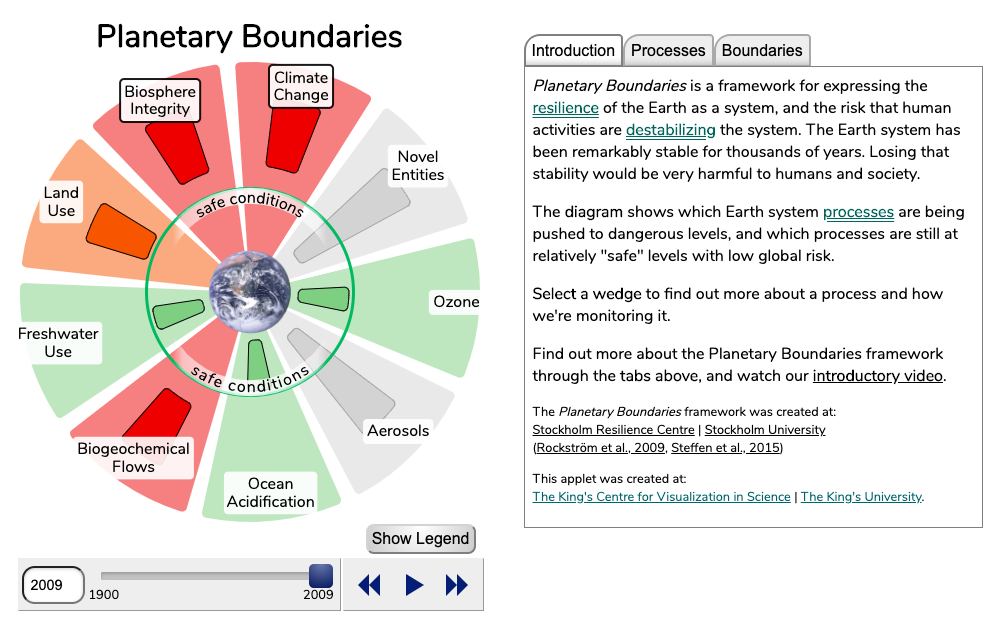
DOCs-YEG
Our Future Edmonton
What do you want for your future? With this resource developed by the King's Centre for Visualization in Science in 2020, explore the City of Edmonton's plans to make Edmonton an energy sustainable city, and identify the actions you will contribute toward our best future, within inevitable climate disruption.
Climate Change is Everything Change. ~ Margaret Atwood
What Really Matters
What really matters to you? Do you dream of building Edmonton communities to thrive together within inevitable climate disruption, transforming lifestyles to increase Edmontonians' quality of life, and engaging in great economic opportunities, through greenhouse gas (GHG) emissions savings? Did you know that the City of Edmonton is a national and global city leader that sets high standards of energy sustainability, establishing Edmonton as a thriving, resilient city?
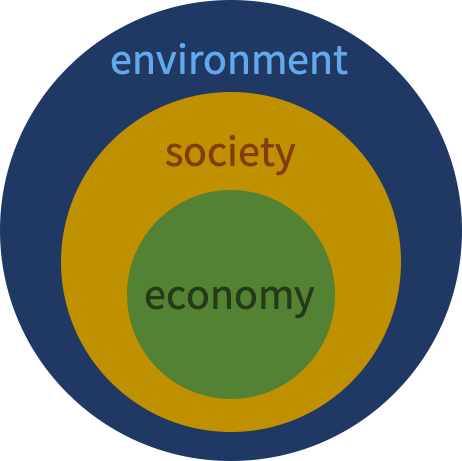
Watch this video from the City of Edmonton's Change for Climate initiative for a brief, powerful introduction:
Land Acknowledgement
Everything we do is an opportunity for reconciliation in action.
The lands on which Edmonton sits and the North Saskatchewan River that runs through it have been the sites of natural abundance, ceremony and culture, travel and rest, relationship building, making and trading for Indigenous peoples since time immemorial. Edmonton is located within Treaty 6 Territory and within the Métis homelands and Métis Nation of Alberta Region 4. We acknowledge this land as the traditional territories of many First Nations such as the Nehiyaw (Cree), Denesuliné (Dene), Nakota Sioux (Stoney), Anishinabae (Saulteaux) and Niitsitapi (Blackfoot). The city of Edmonton owes its strength and vibrancy to these lands and the diverse Indigenous peoples whose ancestors’ footsteps have marked this territory as well as settlers from around the world who continue to be welcomed here and call Edmonton home. Together we call upon all our collective honoured traditions and spirits to work in building a great city for today and future generations."
Toward Sustainability—7 Generations
Watch this short video to explore sustainability from an Indigenous perspective:
The Timeline
2050
2021
The Future of Amiskwacîwâskahikan - Edmonton
Our home town has the opportunity to be a leader in
- implementing just and equitable climate solutions,
- improving communities to reduce per person greenhouse gas emissions, and
- ultimately becoming a carbon neutral city.
In their 2018 special report, the Intergovernmental Panel on Climate Change (IPCC) warned of the climate, developmental, and poverty-related impacts of our world's average temperature rising more than 1.5 °C above pre-industrial levels.
To reach this target, let's work together to improve society in a rapid, thoughtful transformation that reduces the greenhouse gas emissions resulting from the way our city functions and we live our lives by almost 85% over the next decade - from an average 19 tonnes emissions per person/year to 3 tonnes.
Did we say ambitious? Exciting, eh?!
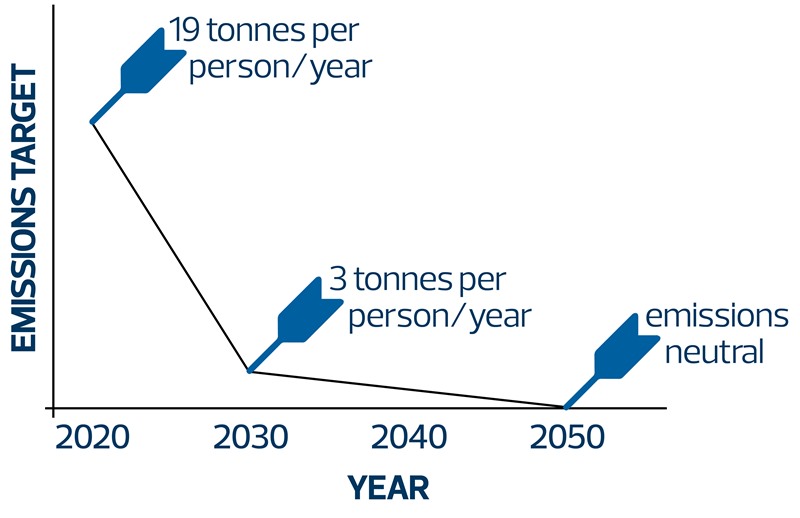
Change for Climate Edmonton, 2020
The City of Edmonton’s revised Community Energy Transition Strategy was approved by City Council in April 2021. It presents a 30-year vision, complete with targets for 2025, 2030 and 2050; a 10-year strategy; and 105 bold actions to align with the international target of limiting global warming to 1.5 °C. Edmonton’s approach to energy transition will be achieved through four interconnected pathways that are built on a foundation of climate solution leadership, and grounded in the principles of prosperity, just and equitable, urgent and dynamic; collaborative; and transformative. The pathways are:
1. A renewable and resilient energy transition
2. A low carbon city and transportation
3. Emission neutral buildings and cities
4. Carbon capture and nature based solutions
What is the risk of not doing enough?
What do the world's energy sources look like into the future? How does this affect Edmonton? Large global energy companies, large global and local corporations and small businesses alike are upgrading their energy sources to transition away from a dependence on fossil fuels. Edmonton is determined to maintain its relevance and attractiveness by participating and, in some cases leading, climate change solutions. Decisions made today will set the course for the future.
The revised Edmonton Community Energy Transition Strategy advocates for a transition toward more energy-efficient, and renewable technologies and lifestyles to avoid significant economic, health, social, climate, and food-related threats. This revised strategy provides Edmonton with a chance to lead the transition towards a prosperous future — participating in opportunities that position the community to respond to changing global markets while creating prosperity, economic diversity, and supporting Edmontonians in a just and equitable way.
2019
2018
Recent Action in Amiskwacîwâskahikan - Edmonton
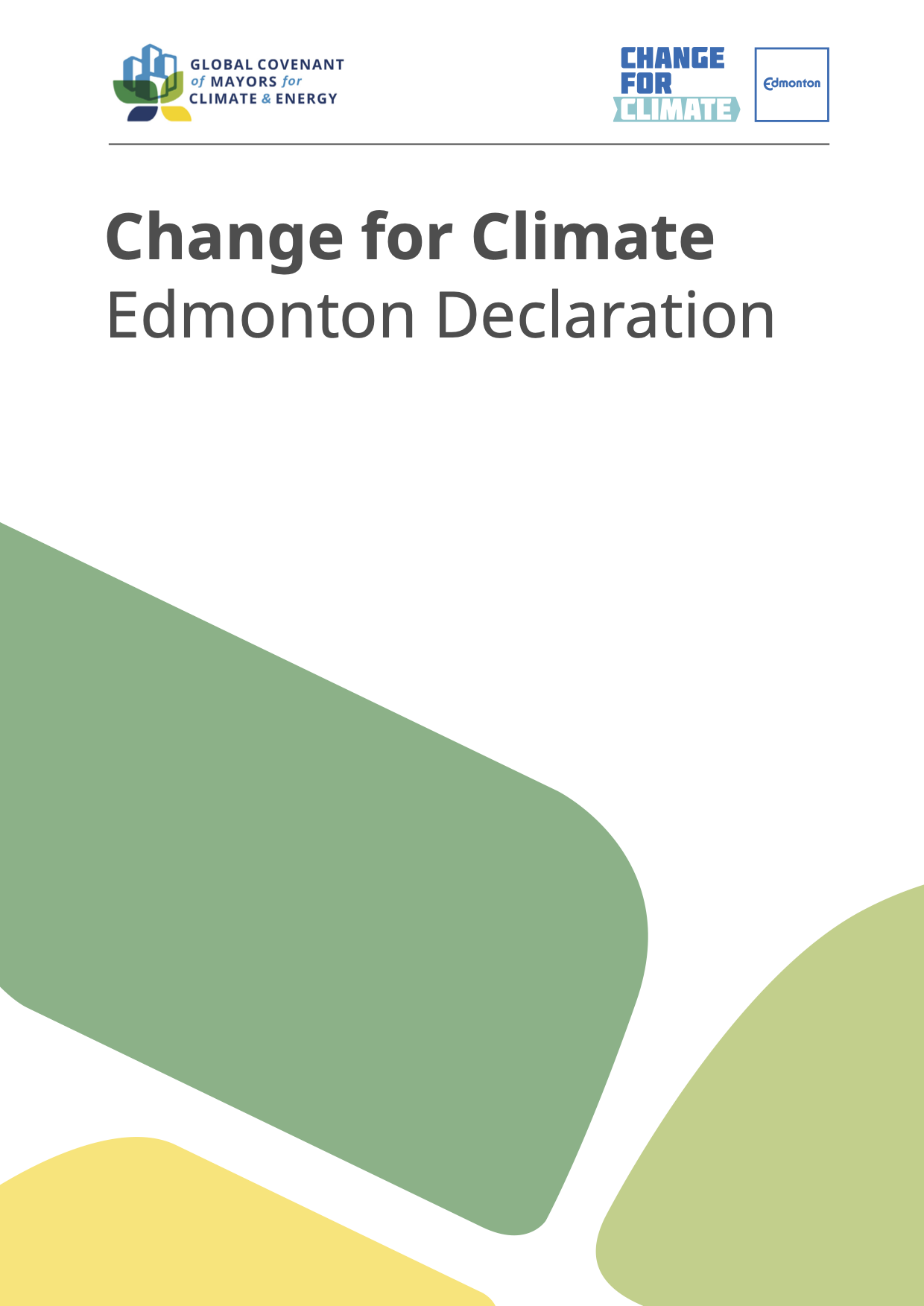
Following IPCC's Cities and Climate Change Science Conference, held in Edmonton in 2018, Mayor Iveson, the City of Edmonton, and the Global Covenant of Mayors develped the Edmonton Declaration in recognition of the danger cities face as greenhouse gas emissions rise.
In short, the declaration:
- Recognizes the urgency of limiting global warming to 1.5°C and how cities play an important role in achieving this target
- Calls upon governments worldwide to join Edmonton's efforts in establishing and maintaining an action plan that aligns with the Paris Agreement
- Asks that the scientific community collaborate with cities in providing local analysis and data to better facilitate policy making with local climate solutions
Read more about the declaration here.
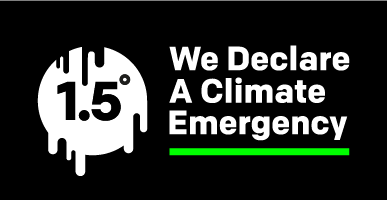
On August 27, 2019, the Edmonton city council passed a motion declaring a climate emergency in order to double down on the rate at which the city is cutting emissions. This recognition that the city is in a state of emergency reaffirmed Edmonton's commitment to the Community Energy Transition Strategy — as well as making the statement that the climate is in fact changing and we must urgently move forward in acceptance of this.
Edmonton's Emissions (2019)
One of the Community Energy Transition Strategy's targets is to reduce community-based greenhouse gas emissions.
- Edmonton's community-based greenhouse gas emissions were 5.6% lower in 2019 than in 2005 — with per-person emissions decreasing by 5% (Edmonton's population is growing).
- Use the timeline menu to return to Edmonton's Future above to remind yourself of the recommended greenhouse gas emissions reductions target for this decade: 85% by 2030.
Alberta's Emissions (2018)
Alberta's greenhouse gas emissions increased by 18% between 2005 and 2018.
These emissions largely arise outside of the boundaries of the City of Edmonton, so they are mostly not included when we discuss our greenhouse gas emissions at the municipal level. What do you think our role in reducing these emissions is?
Action on greenhouse gas emissions reductions occurs at all levels of society - explore global considerations through the timeline menu!
What you do makes a difference, and you have to decide what kind of difference you want to make. ~ Dr. Jane Goodall
Content subject to KCVS terms of use.
Click here to see our land acknowledgement.
© The King's Centre for Visualization in Science.
